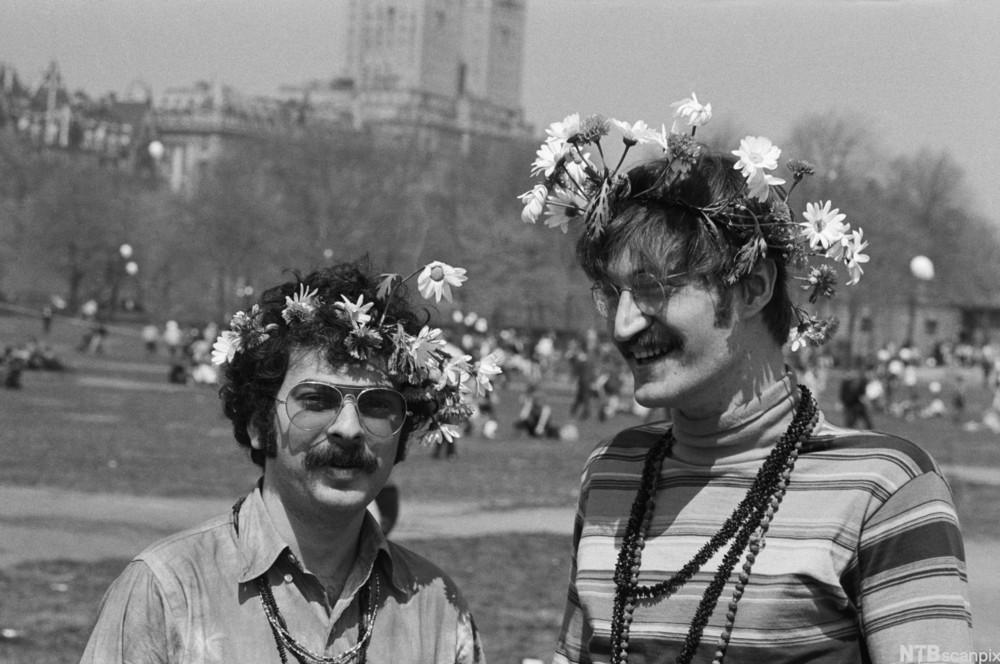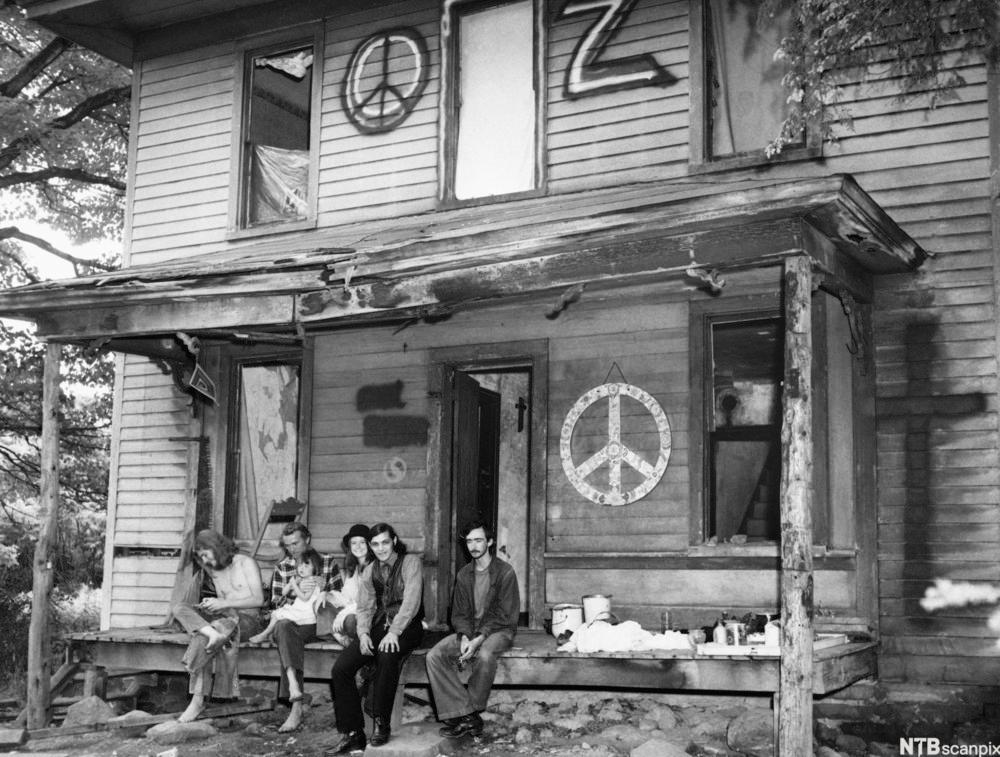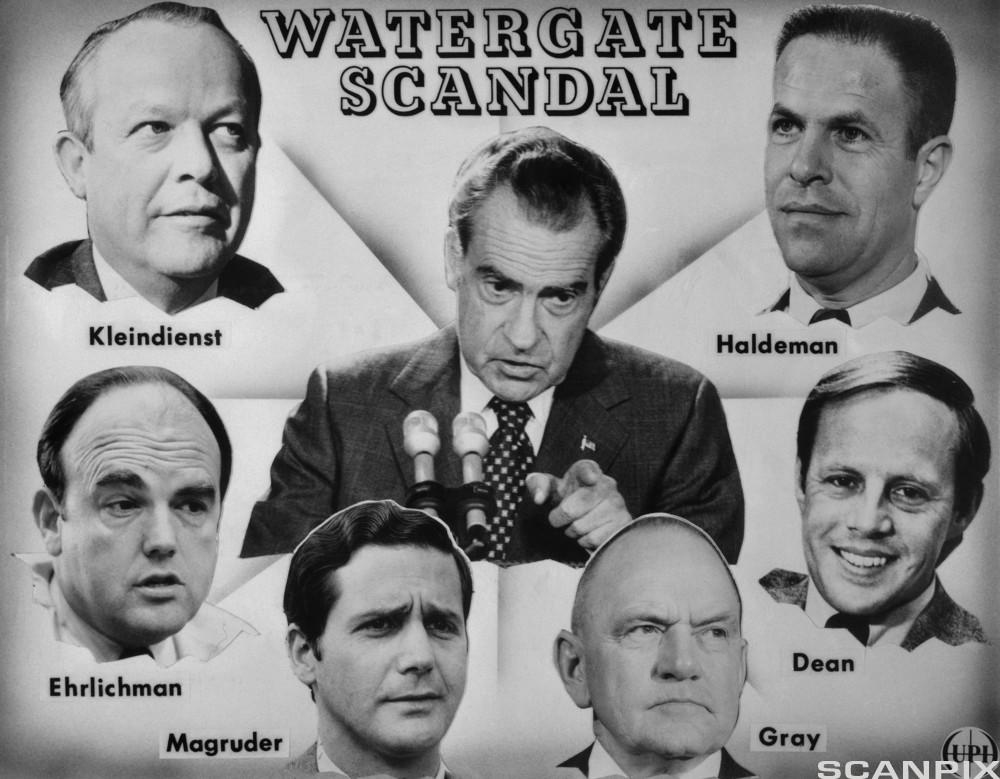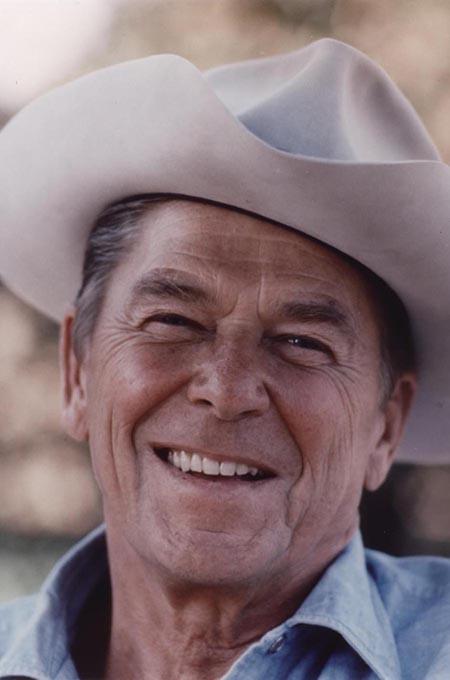
Vocabulary
subculture, wane, dissension, disillusionment, preoccupied, subsequent, self-awareness, community awareness, coin, recession, herald, expenditure, accumulate, yuppies, economic recession
The 1970s – the Me Decade

The hippie subculture continued to live a life of free sex, drugs and rock and roll well into the seventies, but the movement waned towards the end of the decade. Perhaps as a reaction to the free-spirited life of the hippies, the Moral Majority, an organization formed to help Americans live a morally sound life, was formed in 1979. The protest music of the 60s had to give way to a completely different sound: disco music. Still, the hippies had exercised a lasting influence on culture at large, seen, for example, in more relaxed attitudes toward sex, in a new concern for the environment, and in a widespread lessening of formality.
After two decades of steady economic growth, the number of people living below the poverty line in the US dropped from 22.2% in 1960 to 11.7% by 1979. However, the economy had slowed down, inflation was high and unemployment was increasing. Calculated in today’s money, the Vietnam War alone had cost about $690 billion dollars. The previous decade’s race to the moon had also cost billions of dollars.
The Nixon Era - Exit Vietnam; Enter Scandal and Disillusionment

President Richard M. Nixon put an end to US involvement in the Vietnam War in 1973. This war made a deep impact on Americans, many of whom had lost their fathers, brothers or sons. Thousands of the soldiers returning home had been mutilated for a cause many of them did not even believe in. This war had caused dissension within the US between those who were for and those who were against involvement in overseas conflicts. It also changed the international opinion of the USA. After the two world wars, the USA was generally considered a friendly nation, but now an increasing number of people all over the world looked upon the US as an interfering, imperialist nation capable of extreme cruelty in order to get their own way.
President Nixon also had his hands full handling the Watergate scandal. During the election campaign in 1972, some of Nixon’s key associates had been involved in a break-in at the Democratic Party headquarters in the Watergate office building in Washington DC. The burglary and Nixon's involvement was revealed by two young reporters in The Washington Post. Nixon’s subsequent attempt at a cover-up led to his downfall. He was forced to leave office in 1974. The greatest challenge facing President Gerald R. Ford, who took office in 1974, was people’s disillusionment with the country’s politicians – including the presidency.
This disillusionment might explain why Americans, by the middle of the decade, were becoming more preoccupied with their inner selves rather than society; with self-awareness rather than community awareness; with psycho-analysis rather than political activism. Hence the label, the "Me Decade”, coined by author Tom Wolfe.
Jimmy Carter - Peanut Farmer and President
The decade’s last president, Jimmy Carter, a former peanut farmer from Georgia, who was elected president in 1976, had to deal with inflation, unemployment and a serious energy shortage. By this time, it was also becoming clear that the rapid development of industry and transportation was taking its toll on the environment, and President Carter emphasized this problem. He also did a good job in promoting both civil and human rights, by securing social services and by appointing women, African Americans and Hispanics to government jobs. But the difficulties the United States was facing proved to be insurmountable for President Carter. The country and the world were in an economic recession, and the result of the 1980 election heralded a new direction in American politics and society.
The Greedy Eighties
The Reagan Revolution

In January 1980, the newly elected, extremely popular President Ronald Reagan – a former star of numerous B-movies - stepped off his Hollywood B-horse and brought life back to the idea of the American pioneer spirit; he flashed his grandpa-smile and told people to take pride in America, in traditional values, and in the family.
During his two terms in office he accomplished what is known as the "Reagan Revolution”, an innovative program to ensure peace and prosperity. Decreased unemployment, lower taxes, and lower government expenditures, a strengthened national defense and falling inflation – all led to progress, economic growth, and optimism. One notable downside was the budget deficit, however, which quickly accumulated and was not eliminated until under President Clinton in the 1990s. A result of this was a rise in the number of poor and homeless. In foreign policy the doctrine was “peace through strength”, and he fought relentlessly against international terrorism and communism.
The Yuppie Generation
By this time, the baby-boom generation had grown up, and many were reconsidering the anti-establishment views of their hippie period. These young adults were beginning to see the merits of financial power and economic security. They had become a generation of young people who were intent on making careers for themselves in business and who came to be known as yuppies (young urban professionals). They were usually between 24 and 39 years old, had professional or management jobs and ranged economically from very well-to-do to rich. They were the trendsetters of their decade, paying close attention to outer appearance. They were great consumers of brand-name clothing, fine foods and wines, high-tech gadgets and health spa facilities.
President George Bush Sr. - in Charge of the World's Only Superpower
The last president of the 1980s, President George Bush Senior, continued the policies of his Republican predecessor, emphasizing law and order. He made education an issue of priority, he worked against abortion and he declared war on drugs. But the USA still had a problematic economy, and unemployment rose even higher. More money was spent on paying interest on foreign loans than on domestic areas like health, education and the environment. Politically, however, the USA left the ‘80s as the world’s number one superpower.
Tasks and Activities
Make a Presentation
- President Nixon lost the presidency to John F. Kennedy in the 1960 presidential election. This was not the end of Nixon’s political career; he won the 1968 presidential election. Less than two years later, he was faced with the threat of impeachment as a result of the Watergate Scandal, and decided to resign the presidency. Give a presentation of the Watergate Scandal. Include information like: What was the Watergate Scandal? How did the public become aware of the scandal? What was Nixon’s reaction to the revelations? Did he do what he could to assist the ongoing investigation? What finally forced Nixon to resign office? How did the Watergate Scandal affect future American politics? Include anything else you find especially interesting.
- Ronald Reagan’s solution to the economic problems in the US was dubbed “Reaganomics” by the press. What were the main ideas of this economic policy? What were the positive/negative effects of the policy?
- Choose one of the presidents from this period and make a presentation. Comment on important events taking place during "your" president's time in office. Feel free to include relevant anecdotes and fun facts. You might want to make the presentation as a Glogster.
Watch the Film, All the President's Men (1976)
The film is based on the non-fiction book of the same name by Bob Woodward (Robert Redford) and Carl Bernstein (Dustin Hoffman), the two journalists investigating the Watergate scandal for The Washington Post.
- Based on the film/or film trailer give a short, oral presentation where you outline the highlights of the scandal.
- Discuss the role the two reporters had in uncovering the scandal and the role of investigative journalism in general.
- Woodward and Bernstein's primary source was nicknamed "Deep Throat". His identity was concealed until 2005. Find out who he was. Why do you think his name was kept a secret for so many years? Why is the right to protect their sources often claimed by journalists?
- Discuss what impact the Watergate scandal had on American politics and on Americans in general.
Recommended Novel
American Psycho is a novel (also adapted to film) by Bret Easton Ellis. The protagonist is the 26 year old Patrick Bateman, who is the incarnation of a yuppie, i.e. he works on Wall Street as an investment banker, he is extremely attractive and incredibly rich. On the other hand, he is also immensely shallow, a sex addict, self-absorbed - and a psychopath and a serial killer.
Whenever Bateman meets a new person, this person is not depicted according to his her personality or interests, but merely by what they are wearing. Here is a description of one character:
"He's wearing a linen suit by Canali Milano, a cotton shirt by Ike Behar, a silk tie by Bill Blass and cap-toed leather lace-ups from Brooks Brothers. I'm wearing a lightweight linen suit with pleated trousers, a cotton shirt, a dotted silk tie, all by Valentino Couture, and perforated shoes by Allen Edmonds." (quotation from American Psycho)
- How do you think Patrick Bateman conforms with the description of the Yuppie Generation?
- Discuss what you think were the driving forces behind the development of this generation.